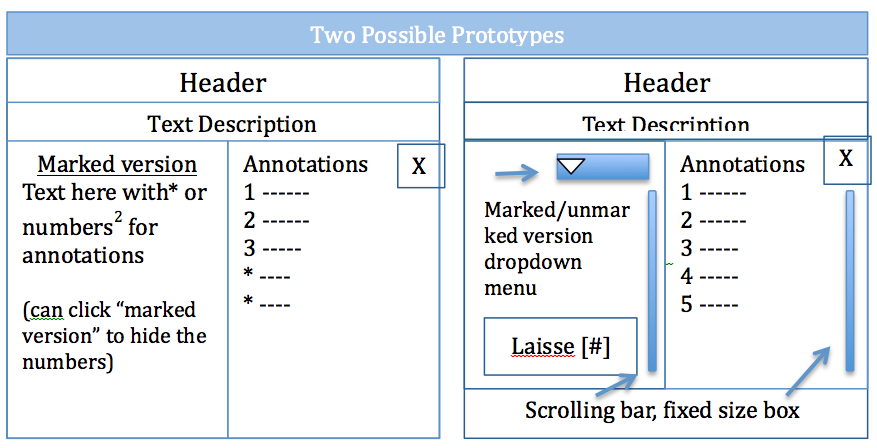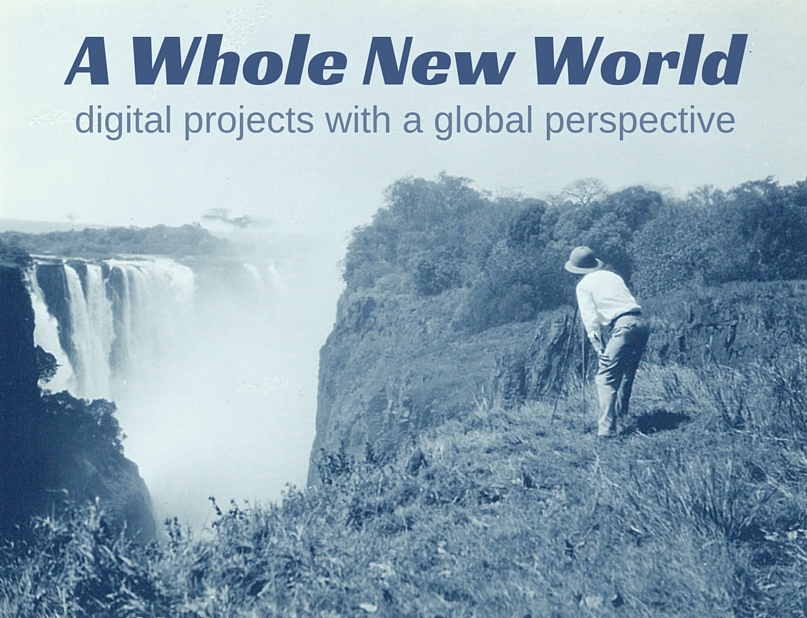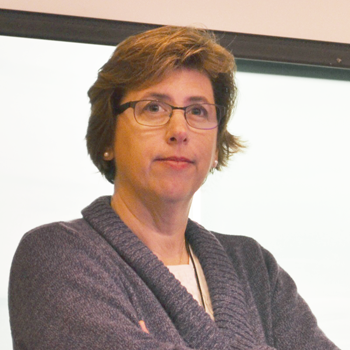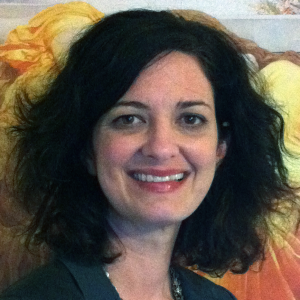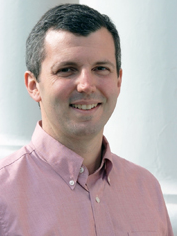Enjoy this post by Michelle Brock, Assistant Professor of History and DH Incentive Grant Awardee 2015-2016
The Idea:
My course on the Age of the Witch-hunts is designed to introduce students to one of the most fascinating and disturbing events in the history of the Western world. Between 1450 and 1750, at least 100,000 individuals, mostly women, were accused of witchcraft in Europe and North America. Of these, roughly half met their demise at the stake or in the noose. A variety of social, religious, judicial, and political causes, none of which is singularly responsible, lurk behind this tragedy. Over the course of the semester, this class examines the litany of complex reasons for the witch-hunts, asking why they occurred when and where they did, why certain people were accused, why the trials finally ended, and how scholars from a multiple disciplines continue to grapple with this topic.
In designing a final project for teaching this course in Winter 2016, I kept thinking of the Choose Your Own Adventure gamebook series that I loved as a child. In these short, interactive works, the reader plays the protagonist of the story, making choices that lead down surprising paths, ultimately shaping the plot and the ending. I knew I wanted to create a similarly interactive assignment for my Age of the Witch-hunts class. With the help of the Mackenzie Brooks and Brandon Bucy at the W&L Library and Academic Technologies, I designed the “Choose Your Own Witch-trial” project to allow my Age of the Witch-hunts students to explore regional differences in the European witch-trials in a fun, collaborative, and informative way.
The reasons for using the Inklewriter interactive format rather than assigning a traditional research paper, were threefold. First, this method encouraged students to pay close attention to historical detail and contextual specificity, and to recognize the difficulty in forming broad causal explanations for such phenomena. Second, I suspected this project would be interesting and collectively engaging in ways that an individual, traditional research paper would not be. Last, the textual gaming method allowed students, as both creators and players of the games, to place themselves in the shoes of those who observed, orchestrated, and, most important, fell victim to the witch-hunts. This, I hope, helped to build empathy and understanding of world-views profoundly different than theirs while also providing an opportunity for reflection about our own belief systems and choices. Throughout, I reminded my students that while these games were supposed to be fun to create, any entertainment factor ought not obscure the fact that the witch-hunts were a genuine human tragedy that claimed tens of thousands of innocent lives.
The Project:
For this project, students worked in pairs to create text-based games using Inklewriter, a free tool that allows users to write interactive stories with twists, turns, and a variety of possible endings. Each pair was assigned a region in early modern Europe that experienced significant levels of witch-hunting. Despite important shared themes, there existed remarkable variety in the nature of witch belief and witch-hunting in different areas. For example, while 85% of those tried for witchcraft in Western Europe were women, the majority of the accused in Russia were male. While the use of torture during trials frequent in the very decentralized Holy Roman Empire, it was illegal in England, where the courts were tightly controlled. In Calvinist Scotland, possession cases rarely attended outbreaks of witchcraft, while the two were often linked in France. Students were accordingly asked to conduct significant historical research into the witch-trials in their specific region. They turned in annotated bibliographies of their sources early in the semester, as well as papers explaining the historical background of their games at the end of the term.
When creating their “Choose Your Own Witch-trial” game, each pair of students made their game model the nature of the witch-hunts in their specific region, paying close attention to the types of people accused, the chronology of the trials, the standards of evidence, the religious climate of the area, the types of punishment doled out, etc. Their games began with the initial accusation and continued through to the ultimate verdict. Groups had the option to write from the perspective of a third party observer, a jury member (if applicable), the orchestrators of the trial (often a clergyman or a local magistrate), or the accused witch. All but one group chose the perspective of the accused witch. At the end of the semester, the class collectively played all of the games over the space of two class periods (each pair taking 20-25 minutes for their game and following Q&A), after which each student wrote a final essay noting the regional variations they observed and examining what factors seem to have most shaped the course, chronology, and severity of the trials across Europe.
Assessment and Evaluation:
The project was assessed in three ways: the quality, accuracy, and creativity of the final games; the annotated bibliographies and historical background essays turned in by each student; and the response essays to the class gameplay. While I set minimum parameters for sources, the length of the games, and the attendant papers, the students were otherwise left to determine the content and course of their games. I did not want to give so much direction that it would stifle creativity; really, I just wanted to see what the students would come up with. I required each pair to meet with me no later than the week before the games were due in order to assess their progress and catch any potential technological or content issues in their games. Much to my surprise, not one group had any trouble using the software after it had been explained by Brandon Bucy at the start of the project. The lesson here, of course, is that my students are much savvier with technology than I am!
The overall quality of the games was generally quite high, and students reported that this was one of the most engaging and informative assignments they had encountered in their college career thus far. Next time I assign this project, I plan to increase the minimum length of the games by requiring students to include more background and more choices for the player, as some games were noticeably longer and more detailed than others. Other than this, however, I was thrilled by the results and would highly recommend the use of Inklewriter for the creation of text-based games in the college classroom.
The Games:
France
Scotland
Poland
Denmark
England
Russia
